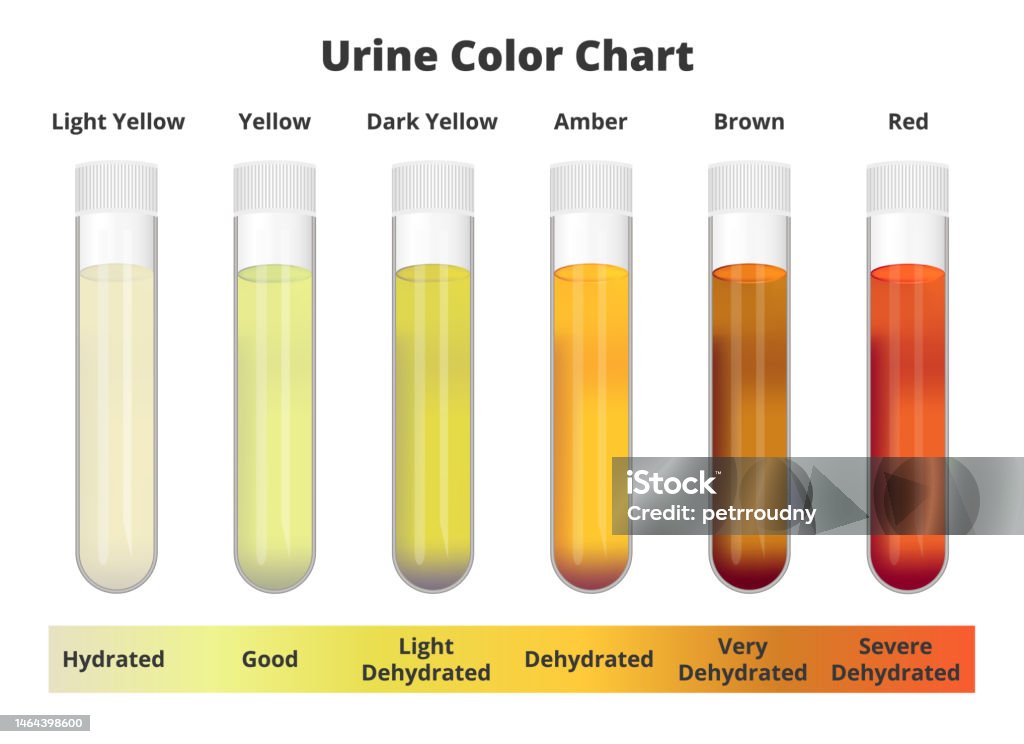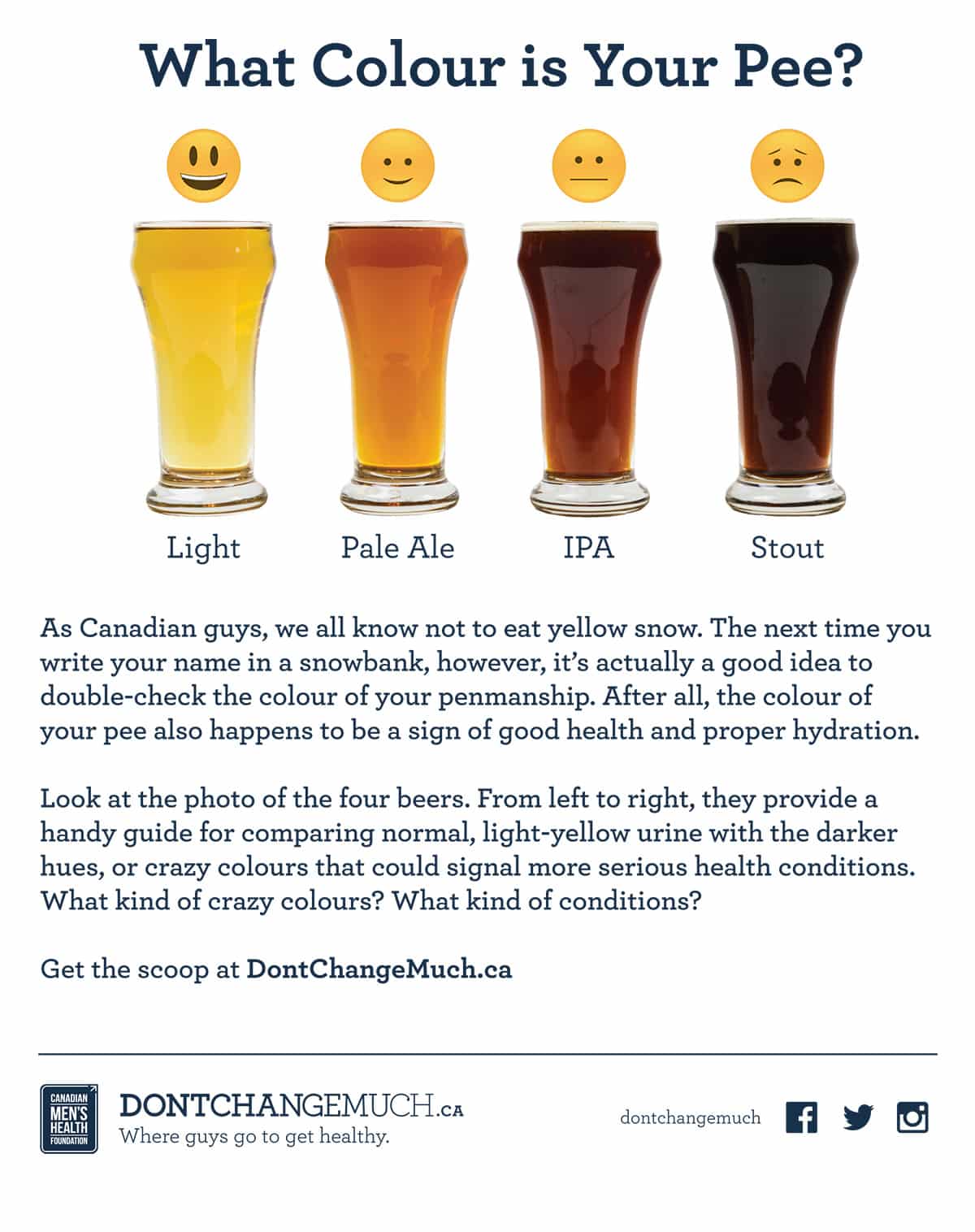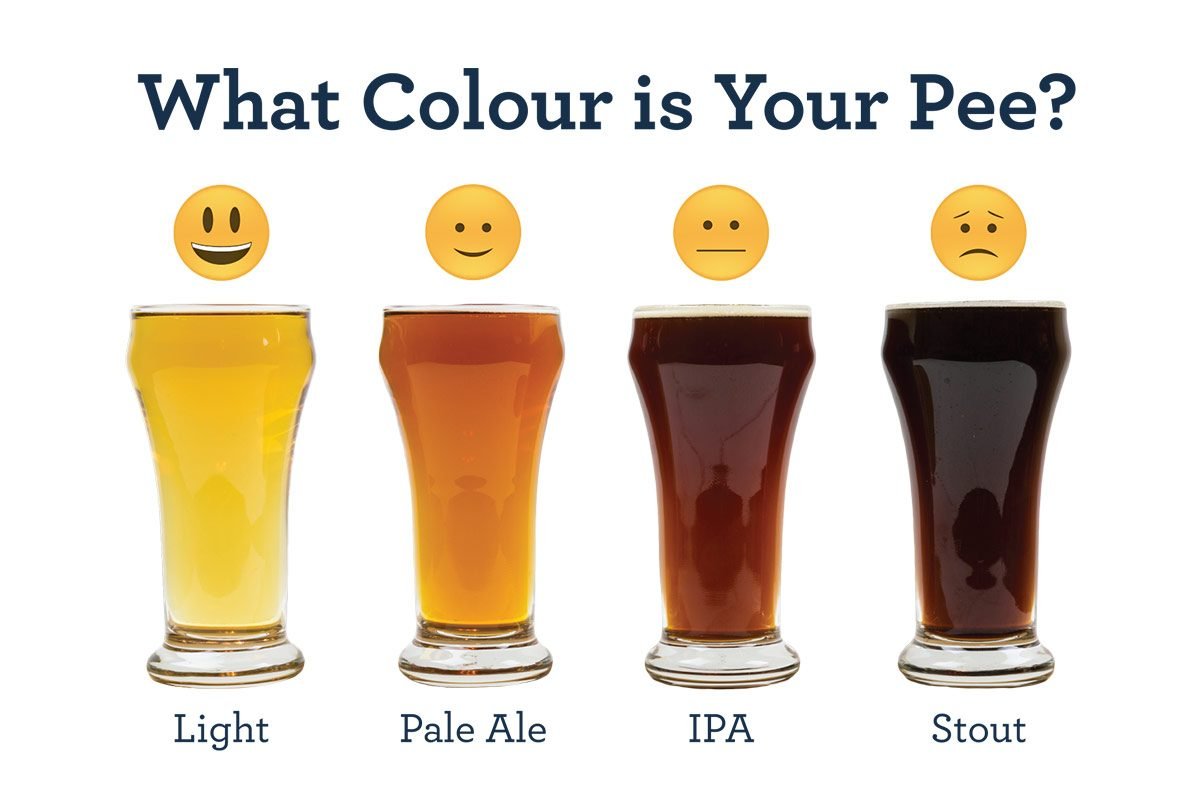Pee Queen: Unraveling The Quirks Of Online Language Today
Have you ever stumbled upon a phrase online that just made you scratch your head, wondering what in the world it could possibly mean? Maybe you saw "pee queen" pop up in a comment section, or perhaps you've heard friends casually toss around terms that sound like complete nonsense at first. It's a rather common experience in our always-on digital world, isn't it? These unique expressions, like so many others, are a big part of how people talk and connect online, creating a whole new layer to our daily conversations.
So, what exactly is going on with these words and phrases? It's almost as if the internet has its very own dictionary, one that updates itself, like, every single minute. From playful puns to words that take on completely different meanings, understanding this digital lingo can feel a bit like trying to solve a puzzle. You might know what "pee" means in its usual sense, as we often use it for everyday things, even in children's songs about going to the bathroom, but then it pops up in a phrase like "pee queen," and suddenly, it's a whole new ballgame.
This article is here to help us make a little more sense of it all. We'll explore how simple words get twisted into new, sometimes funny, sometimes confusing, internet slang. We'll look at how terms like "pee queen" fit into this bigger picture of online talk, and we'll even check out some other examples that show just how creative and unpredictable internet language can be. It's a rather interesting journey into the way we communicate now, don't you think?
Table of Contents
- What is Pee Queen? Unpacking Online Language
- Decoding the Digital Tongue: More Examples from the Web
- The Ever-Changing Flow of Online Communication
- Frequently Asked Questions About Internet Slang
- Conclusion
What is Pee Queen? Unpacking Online Language
When you see a phrase like "pee queen," it's natural to feel a bit puzzled, isn't it? This term, like many others that pop up in our feeds, probably isn't something you'd find in a standard dictionary. It's a rather good example of how internet culture creates its own unique ways of speaking. So, what's behind this kind of language, and how do we even begin to figure out what it means?
The Everyday "Pee"
First off, let's think about the word "pee" itself. It's a very common word, isn't it? We use it every day to talk about a very normal bodily function. As my text mentions, it's one of the most routine ways to talk about going to the bathroom, and you'll even hear it in things like children's songs. You know, those little tunes that help kids learn about daily routines. It's also a word that often appears in movies or casual chats with people. It's simple, direct, and widely understood in its basic form, which is why it's so useful in general conversation.
But then, like, something happens when words hit the internet. They can get twisted, combined, or given entirely new meanings. So, while "pee" on its own is pretty straightforward, when it's part of a phrase like "pee queen," you just know it's probably not about its literal meaning anymore. This shift is what makes internet language so interesting, and sometimes, a little bit tricky to keep up with. It's almost like a secret code, in a way.
When Words Take New Paths: The Case of Internet Slang
Internet slang is a constantly shifting thing, you know? Words and phrases often get picked up, changed, and then spread like wildfire across different platforms. This happens for a lot of reasons. Sometimes it's about being funny, sometimes it's about creating a sense of belonging within a group, and sometimes it's just about being quick and easy. Terms like "pee queen" often come from specific communities or online trends, so their meaning might not be clear to everyone outside that particular group. It's a bit like an inside joke, really.
This is where things can get a little confusing. As my text points out, people might see different ways to ask about going to the bathroom, like "do you want to pee" or "do you need to pee," and that can really make you wonder which one is the "right" one. But online, it's not always about what's "right" in a formal sense. It's more about what catches on and what people start using. So, a phrase that seems odd to one person might be perfectly normal to another, depending on where they spend their time online. It’s a very fluid situation.
Homophonic Puns and Cultural Nuances
One very big way internet language changes is through something called homophonic puns. These are words or phrases that sound like other words or phrases but have a totally different meaning. My text gives a great example with "funny mud pee." When you break those words down, "mud" is mud, and "pee" is pee, right? But put them together, and as my text says, it has "no big relation to the English original meaning." This is because it's a Chinese pun, a "谐音梗" (xiéyīn gěng), where the sound of the English words is used to create a new, often humorous, meaning in Chinese. It's actually quite clever.
This kind of wordplay is super common online, especially when different languages and cultures mix. So, if "pee queen" is a piece of internet slang, it might not be about literal urination or royalty at all. It could be a sound-alike pun, a reference to a specific meme, or a term that has evolved within a particular online community. Understanding these nuances often means looking beyond the literal words and trying to grasp the cultural context or the shared jokes of a group. It’s like trying to understand a secret handshake, in a way.
Decoding the Digital Tongue: More Examples from the Web
The internet is a very fertile ground for new words and phrases to sprout up. It's not just about puns; it's also about creative misspellings, abbreviations, and just general silliness. Knowing how to pick apart these new terms can help you feel more at home in online spaces. It’s a skill, really, that helps you keep up.
From "New Bee" to "Can Can Need": A Look at Creative Misspellings
My text gives us some really interesting examples of how words get played with online. Think about "new bee" or "tree new bee." On the surface, they look like simple English words. But, you know, these are actually homophonic puns too, just like "funny mud pee." They sound like phrases that have a completely different meaning in Chinese. "New bee" sounds like "牛逼" (niúbī), which is a slang term for "awesome" or "amazing." And "tree new bee" sounds like "特别牛逼" (tèbié niúbī), meaning "especially awesome." It's rather fascinating how sounds can cross languages like that.
Then there are phrases like "can can need" or "word new new sword new mew." These are even more abstract, aren't they? They're also examples of Chinese internet slang that use English words for their sounds to create a completely different meaning in Chinese. "Can can need" sounds like "看看你" (kàn kàn nǐ), which means "look at you." And "sword new new sword new mew" sounds like "说你呢说你呢" (shuō nǐ ne shuō nǐ ne), meaning "talking about you, talking about you." It's a very creative way to communicate, even if it leaves many of us scratching our heads. These kinds of phrases show just how far people will go to make a joke or a point online, and they're always changing, you know, constantly.
The Role of Context in Online Talk
Understanding these unique terms, whether it's "pee queen" or "funny mud pee," really comes down to context. Where did you see it? Who was using it? What was the conversation about? Sometimes, a word or phrase might mean one thing in a gaming community and something totally different on a social media platform. It's a bit like how a word can have different meanings depending on the situation in real life, but online, it's often much faster and less predictable. So, you know, always try to look at the bigger picture.
This is why simply knowing the literal meaning of "pee" won't help you with "pee queen" if it's a slang term. You need to understand the digital environment it lives in. For instance, my text also mentions "PEE" as an engineering term for combining roles in a factory. That's a completely different context, isn't it? It shows how the same letters can mean wildly different things depending on the situation. So, when you're trying to figure out what "pee queen" means, think about the online space it's used in. It's rather important.
Beyond the Literal: Understanding Implicit Meanings
Many online terms, including something like "pee queen," gain their true meaning not from their individual words but from the shared understanding of a group. It's an implicit meaning, something that's understood without being directly stated. This often involves cultural references, inside jokes, or even just a general vibe that a community shares. It's a bit like how certain gestures mean different things in different countries. You just have to be "in the know," so to speak.
For instance, my text mentions "Pee Dee Belemnite" in the context of geological samples. While "Pee Dee" here is a geographical name, it just shows how "pee" can appear in scientific or formal contexts, completely unrelated to its slang usage. This highlights the contrast between formal language and the playful, often non-literal, world of internet slang. So, when you see a term like "pee queen," it's probably asking you to look beyond the surface and consider what hidden layers of meaning might be there for a particular group of people. It's a fascinating part of language evolution, really. Learn more about language evolution on our site, and check out this page on internet culture.
The Ever-Changing Flow of Online Communication
The internet, you know, never stands still. It's a constantly moving stream of information, ideas, and, of course, new ways to talk. This rapid change is what makes online communication so exciting, but also, sometimes, a bit overwhelming. Keeping up with all the new slang and trends can feel like a full-time job, can't it?
Why Language Evolves So Quickly on the Internet
There are a few reasons why language online changes so fast. First, things spread incredibly quickly. A meme or a new phrase can go global in mere hours, thanks to sharing and reposting. Second, people are always looking for new ways to be funny or express themselves. This often leads to creative wordplay, like the "funny mud pee" example, or the "new bee" terms from my text. Third, different online communities develop their own unique dialects. Think about gaming communities, fan groups, or even specific social media platforms – they all have their own lingo. So, it's a very dynamic environment.
This rapid evolution means that what's popular today might be old news tomorrow. It's a bit like fashion trends, you know, always moving on. This is why a term like "pee queen" might suddenly appear and gain traction, only to be replaced by something else in a few weeks or months. It's a testament to the creativity and adaptability of online users, but it also means that you have to be ready for constant linguistic surprises. It's really quite something to witness.
Staying Current with Digital Jargon
So, how do you keep up with all this new talk? It's actually not as hard as it might seem. One good way is to just observe. When you see a new term, like "pee queen," try to figure out how it's being used in context. Pay attention to the comments, the reactions, and the general tone of the conversation. Often, you can pick up on the meaning just by seeing it in action. It's a bit like learning a language by immersion, really.
Another helpful tip is to not be afraid to ask. If you're in a friendly online group, you can often just ask what a term means. Most people are happy to explain. You can also look up terms on sites that track internet slang, though remember that these sites might not always be perfectly up-to-date, given how fast things change. The main thing is to stay curious and open to new ways of speaking. It's a very human thing to do, to want to understand each other.
The Fun and Frustration of Internet Speak
Let's be honest, dealing with internet slang can be both fun and, well, a little frustrating. It's fun because it's creative, often humorous, and it helps people connect. It creates a shared culture, you know, a sense of belonging for those who understand it. It's like being part of a secret club where everyone speaks the same special language. This kind of communication can make online interactions feel more personal and lively. It's a very expressive way to talk, in some respects.
But it can also be frustrating when you don't understand. It can make you feel left out or confused, especially when you encounter terms like "pee queen" that seem to come out of nowhere. My text highlights this confusion with the different ways to ask "do you want to pee," and that's just a simple example. Imagine trying to understand a whole conversation filled with these kinds of obscure terms. It can be a bit of a challenge, can't it? But, you know, that's just part of the wild ride of online communication in the year 2024.
Frequently Asked Questions About Internet Slang
Here are some common questions people have about internet slang, including terms like "pee queen" and "funny mud pee."
1. Why do people use such confusing words online?
People use confusing words online for a few reasons, you know. Sometimes it's for humor, creating an inside joke that only certain people get. Other times, it helps build a sense of community among those who understand the slang. It can also be a way to communicate quickly or to express ideas in a very creative way. It's a bit like a shorthand for shared experiences, really.
2. How can I tell if a word is internet slang or just a typo?
It can be tricky, honestly, but context is key. If you see a word used repeatedly by different people in a similar way, or if it appears in a humorous or meme-like setting, it's probably slang. Typos usually appear randomly and don't make sense in the sentence. For example, "funny mud pee" is clearly not a typo because it's used consistently as a pun, as my text shows. It's about recognizing patterns, in a way.
3. Will internet slang ever become "real" dictionary words?
Actually, some internet slang does make its way into standard dictionaries over time. Words like "LOL" or "selfie" started as online slang and are now widely accepted. It usually happens when a term becomes very common and is used by a lot of people outside of specific online groups. So, you know, it's possible that a term like "pee queen," if it gains enough traction, could eventually become more widely recognized, but it takes a long time for that to happen, typically.
Conclusion
So, we've taken a look at the fascinating, sometimes baffling, world of internet language, with terms like "pee queen" as our guide. We've seen how simple words like "pee" can take on totally new lives online, often through clever puns or shared cultural jokes, much like the "funny mud pee" example from my text. Understanding these terms means looking beyond the literal and really trying to grasp the context and the community behind them. It's a constant learning process, isn't it?
The digital world is always changing, and so is the way we talk in it. These unique phrases are a big part of what makes online communication so vibrant and interesting. They show us how creative people can be with language, building connections and sharing humor in ways that are totally new. So, next time you see a puzzling term online, instead of just feeling lost, maybe try to see it as an invitation to explore a new corner of our ever-evolving digital conversation. It's a rather exciting prospect, don't you think?

Urine Color Chart

Different Colours Of Urine And Their Meaning

Different Colours Of Urine And Their Meaning